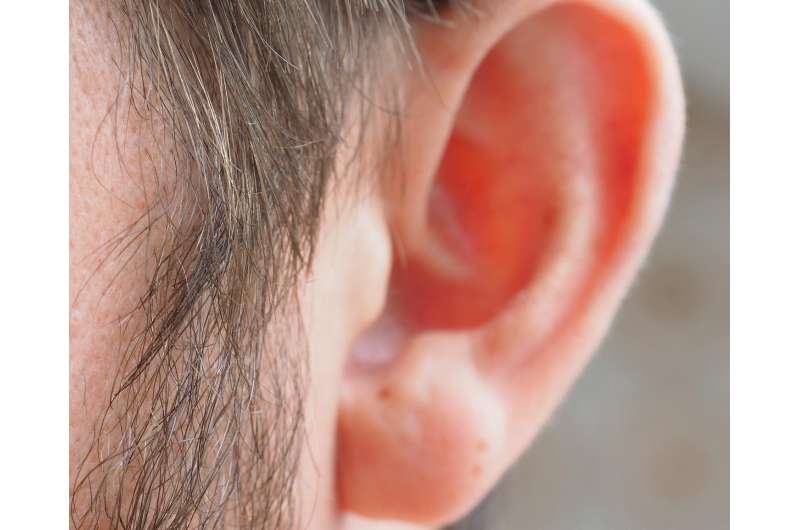What are auditory processing issues, and how are they treated?

Last week, Pennsylvania Lt. Gov. John Fetterman—the Democratic nominee in one of the country’s most-watched U.S. Senate races—explained that his stroke nearly four months ago has left him with some speech and communication issues.
Communication challenges are common in stroke survivors, experts say. Here’s a primer on what patients can experience:
What language challenges might someone experience after a stroke?
Communication can be affected when the stroke has affected the left hemisphere of the brain, which handles most language functions, said Sarah Lantz, a speech language pathologist at Magee Rehabilitation Hospital, part of Jefferson Health in Philadelphia.
Patients may have trouble with spoken communication, or processing language through hearing, reading, or writing.
“Sometimes [a stroke] can affect all four [language functions]―speaking, reading, writing, and understanding,” she said.
She said the potential constellation of symptoms can include difficulties with word retrieval. For example, individuals might find themselves pausing to recall the right phrase to express their thoughts. Others may struggle to keep up with the flow of conversation.
The American Speech-Language-Hearing Association notes that auditory processing issues aren’t limited to stroke patients. They can also arise as a result of other neurological injuries, prenatal or neonatal issues like premature birth, or because of genetic predispositions.
Does an auditory processing issue affect hearing or cognition?
Although the term auditory is associated with hearing, auditory processing issues relate to how the brain interprets language.
“[Language is] really just a sequence of sounds, and it’s our brains’ job to process that sequence of sounds in a way that we understand them,” Lantz said.
It’s also not a cognitive issue: “It’s a disorder of language, not of intellect,” she said.
How quickly can a patient recover from these communication challenges?
Generally, patients make their biggest strides in recovery in the first six months to a year post-stroke, but some patients continue to make recoveries past three years, Lantz said. The months after a stroke are the best time to receive intense speech therapy for a communication issue, she said.
What treatments are available for stroke-related language challenges?
Lantz says speech therapists will work to address the “specific deficit area.” This can involve working on specific exercises to help patients retrieve the word they’d like to say. The goal is to help patients make new pathways in the brain.
Speech therapists also work to help patients compensate, such as developing strategies to work around damage from the stroke—whether that’s improving their attention or making changes to the environment around them to make it easier to process language.
Since communication issues can be so varied, she said, each course of speech therapy is unique to the person it’s designed for.
Severity of these issues can vary, and that also affects the therapy process. Lantz said a patient with a severe impairment may need to work on processing single words, while someone with mild issues could be working through conversational “blips.”
What can you do if your loved one is dealing with a communication issue after a stroke?
The American Stroke Association responded to a request by The Inquirer for information on auditory processing issues by sharing its information on common effects of a stroke. That includes a list of recommendations helping a loved one deal with aphasia, a common communication disorder that can arise after a stroke.
The association said it does not comment on specific cases, such as Fetterman’s health issues. His campaign has not used the term aphasia. Rather, it has said Fetterman is experiencing issues with auditory processing.
For patients with aphasia, the association suggests that friends and relatives can help by asking yes/no questions to make sure they’re understanding a conversation. It can also be helpful to establish a daily routine to practice language therapy and to rest.
Other tips include speaking in shorter sentences and in a place where the person with aphasia can see you.
Source: Read Full Article
